
Carolyn Gramling is the Earth & Climate writer at Science News. Previously she worked at Science magazine for six years, both as a reporter covering paleontology and polar science and as the editor of the news in brief section. Before that she was a reporter and editor at EARTH magazine. She has bachelor’s degrees in Geology and European History and a Ph.D. in marine geochemistry from MIT and the Woods Hole Oceanographic Institution. She’s also a former Science News intern.

Trustworthy journalism comes at a price.
Scientists and journalists share a core belief in questioning, observing and verifying to reach the truth. Science News reports on crucial research and discovery across science disciplines. We need your financial support to make it happen – every contribution makes a difference.
All Stories by Carolyn Gramling
-
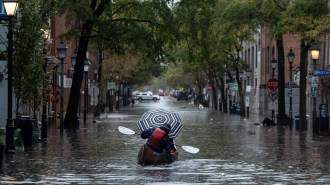 Climate
ClimateIntense drought or flash floods can shock the global economy
Rainfall extremes have powerful impacts on the global economy, affecting the manufacturing and services sectors more than agriculture.
-
 Climate
ClimateClimate change communication should focus less on specific numbers
Even if nations don’t meet goals to curb global climate change, any progress is better than none.
-
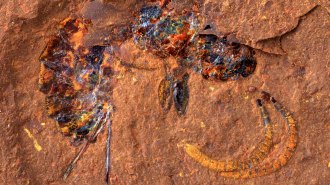 Paleontology
PaleontologySee stunning fossils of insects, fish and plants from an ancient Australian forest
Thousands of fossils at an Australian site show a rare glimpse into the continent’s wetter history over 11 million years ago.
-
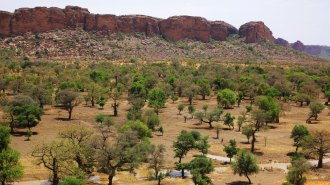 Climate
ClimateAfrica’s ‘Great Green Wall’ could have far-reaching climate effects
The “Great Green Wall,” a tree-planting project to stop desertification in northern Africa, could alter climate patterns in the region and beyond.
-
 Climate
ClimateHow electric vehicles offered hope as climate challenges grew
Amid daunting climate change challenges, electric vehicles swerved into the spotlight this year.
-
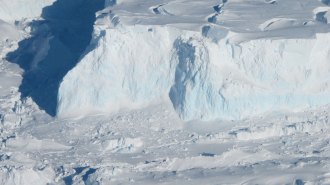 Climate
ClimateAntarctica’s Thwaites Glacier ice shelf could collapse within five years
The loss of Thwaites’ buttressing ice shelf could hasten the demise of the “Doomsday Glacier” and raise the risk of dramatic sea level rise.
-
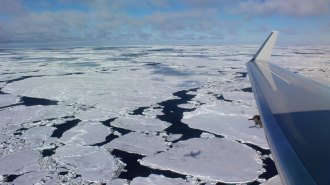 Oceans
OceansThe Southern Ocean is still swallowing large amounts of humans’ carbon dioxide emissions
A 2018 study suggested the ocean surrounding Antarctica might be taking up less CO₂ than thought, but new data suggest it is still a carbon sink.
-
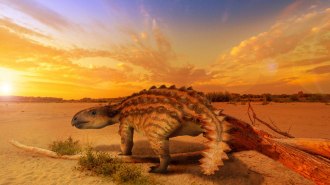 Paleontology
PaleontologyThis dinosaur had a weapon shaped like an Aztec war club on its tail
The flat and spiky tail club of a newly discovered ankylosaur was unique, even for this often weirdly armored group of dinosaurs.
-
 Climate
ClimateHow climate change may shape the world in the centuries to come
Climate projections need to be pushed long past the established benchmark of 2100, researchers argue.
-
 Earth
EarthA mineral found in a diamond’s flaws contains the source of some of Earth’s heat
A mineral theorized to exist in the mantle was found hiding in a diamond. Dubbed davemaoite, it could explain where some of Earth’s heat comes from.
-
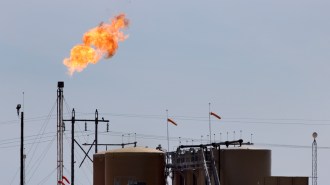 Climate
ClimateEarth will warm 2.7 degrees Celsius based on current pledges to cut emissions
The world still lags on its commitments to lower greenhouse gas emissions and forestall the worst effects of global warming, a new U.N. report shows.
-
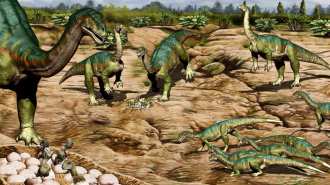 Paleontology
PaleontologySome dinosaurs may have lived in herds as early as 193 million years ago
A fossilized family gathering of long-necked Mussaurus may be the earliest evidence yet of herd behavior in dinosaurs.